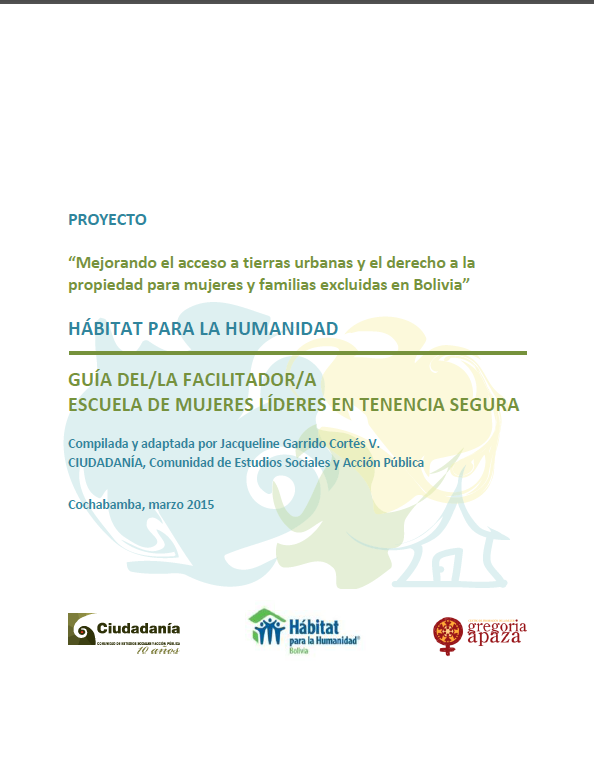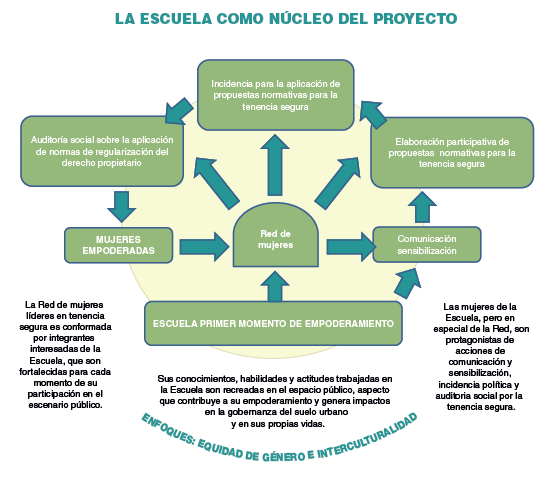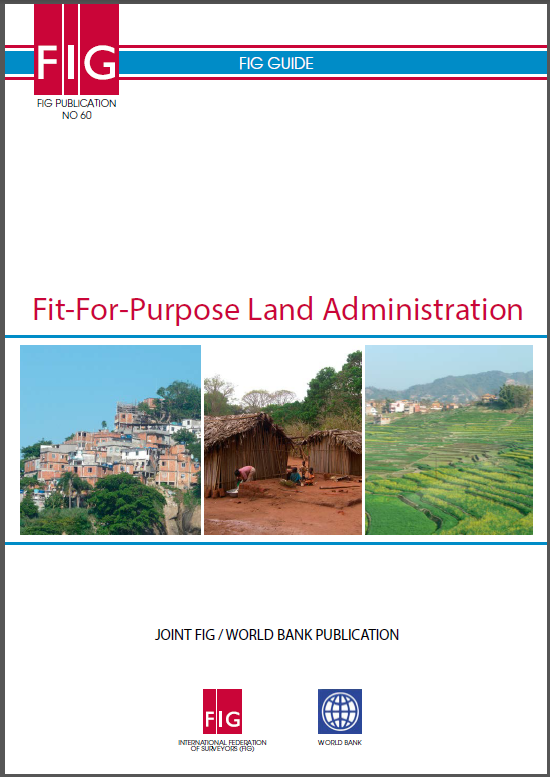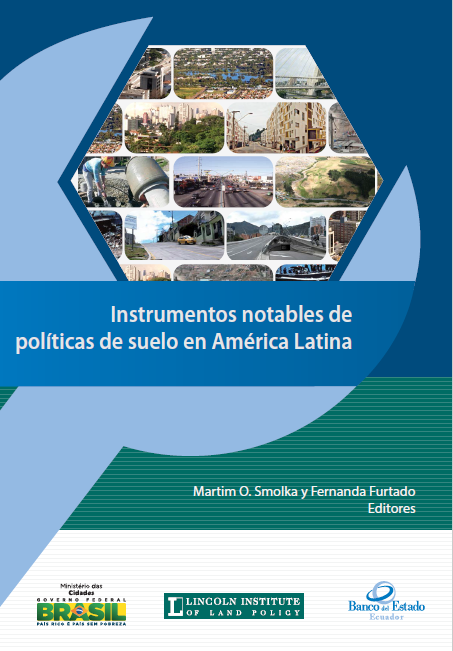About Habitat for Humanity International
Habitat for Humanity International's vision is a world where everyone has a decent place to live. Since 1976, Habitat has helped more than 6.8 million people gain strength, stability and independence through housing, including home construction, rehabilitation and repairs and by increasing access to improved shelter through products and programs. Habitat also advocates to improve access to decent and affordable shelter and offers a variety of housing support services that enable families with limited means to make needed improvements on their homes as their time and resources allow. As a nonprofit Christian housing organization, Habitat works in more than 70 countries and welcomes people of all races, religions and nationalities to partner in its mission.
About Habitat for Humanity International – Latin America and the Caribbean Region (HFHI-LAC)
HFHI through its National Offices or partners is building up an extensive network of allies at both national and local levels in Argentina, Bolivia, Brazil, Chile, Colombia, Costa Rica, Dominican Republic, El Salvador, Guatemala, Guyana, Haiti, Honduras, Mexico, Nicaragua, Paraguay, Peru, and Trinidad and Tobago; carrying out a remarkable work related to land, disaster risk reduction, water and sanitation, community development, housing construction, advocacy, and housing finance issues. Particularly relevant to land the HFHI-LAC Area Office coordinates the GLTN LAC Urban Cluster, a land-focused collective space to activate alliances, mobilize skills, build capacities and engage decision makers, CSO leaders, private sector, academia and communities in innovative land instruments (existing or new) that may develop, accelerate and scale up processes of change and empower the most vulnerable to face the challenges posed by the growth of cities, urbanization, planning, land management, administration and secure tenure. Local and regional land related initiatives are leveraged by ongoing “Solid Ground” HFHI Land Advocacy Global Campaign, and contributing to HABITAT III global process.
Members:
Resources
Displaying 186 - 190 of 320GUÍA DEL/LA FACILITADOR/A ESCUELA DE MUJERES LÍDERES EN TENENCIA SEGURA
Este documento contiene una propuesta que te servirá para conducir una escuela dirigida a fortalecer las capacidades de mujeres que luchan por la tenencia segura de la tierra y la vivienda urbanas. Esta guía rescata las enseñanzas de la Escuela de Mujeres Líderes en Tenencia Segura del Proyecto "Mejorando el acceso a tierras urbanas y el derecho a la propiedad para mujeres y familias excluidas en Bolivia", liderado por Hábitat para la Humanidad (HPH), y que fue ejecutado entre 2010 y 2015.
Infográfico Escuela de Mujeres Líderes en Tenencia Segura
Infográfico - Escuela de Mujeres Líderes en Tenencia Segura, implementada en el marco del Proyecto "Mejorando el acceso al suelo urbano y el derecho a la propiedad para mujeres y familias excluidas en Bolivia".
Fit-For-Purpose Land Administration
The current solutions to delivering land administration services have very limited global outreach; 75 percent of the world's population do not have access to formal systems to register and safeguard their land rights. The majority of these are the poor and the most vulnerable in society and without any level of security of tenure they constantly live in threat of eviction.
Fit-For-Purpose Land Administration
The current solutions to delivering land administration services have very limited global outreach; 75 percent of the world's population do not have access to formal systems to register and safeguard their land rights. The majority of these are the poor and the most vulnerable in society and without any level of security of tenure they constantly live in threat of eviction.
Instrumentos notables de políticas de suelo en América Latina
Cada año muchas políticas específicas son implementadas en ciudades alrededor del mundo aspirando dar forma al desarrollo urbano, aumentar la productividad urbana, mejorar las condiciones de vivienda, reducir la congestión del tráfico, incrementar los ingresos, o alcanzar innumerables objetivos urbanos entrelazados. Estas aplicaciones de la política son esencialmente experimentos de gobierno cuyos resultados pueden ayudar a informarnos sobre lo que funciona y lo que no funciona en diversos entornos urbanos.





